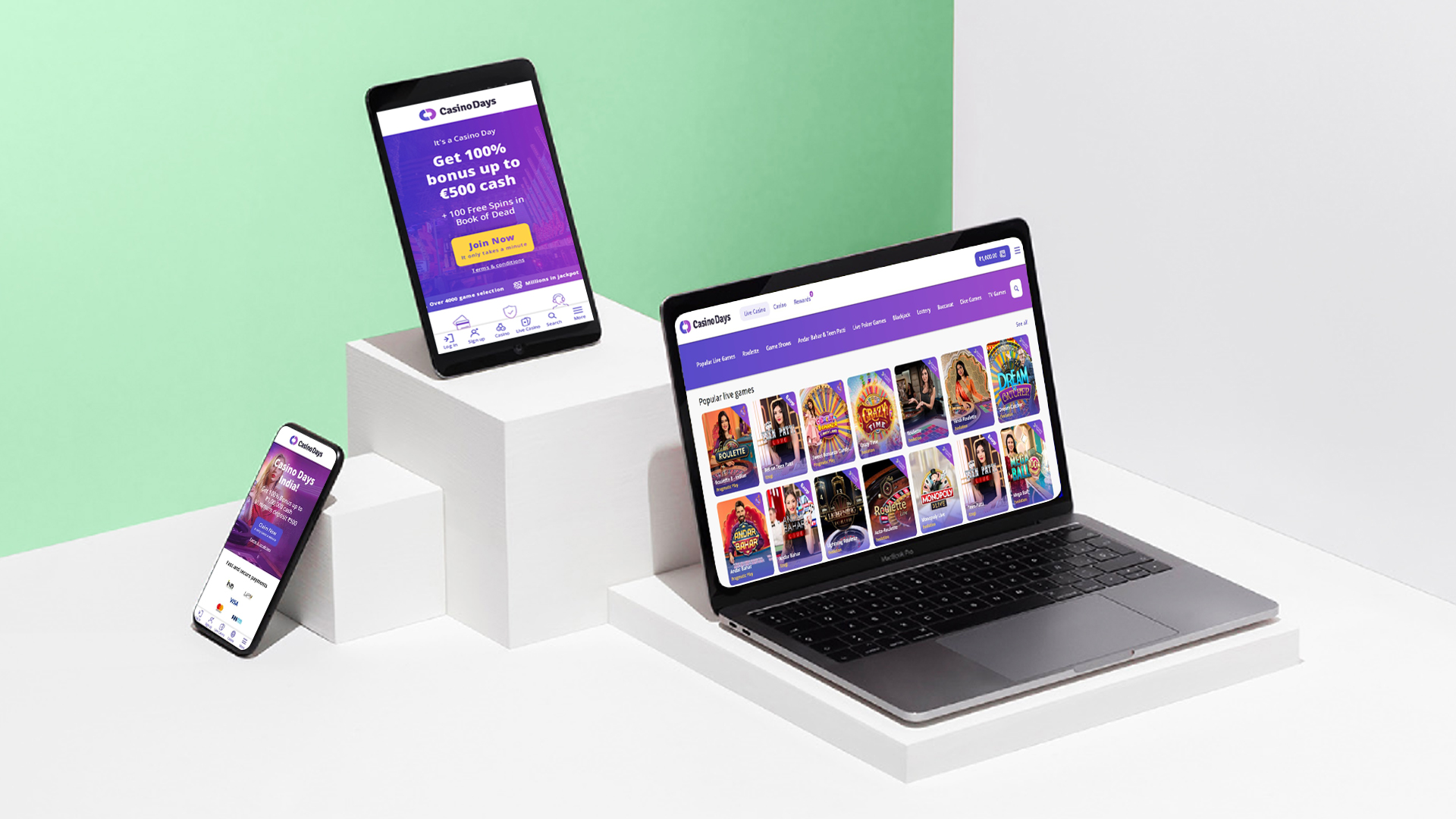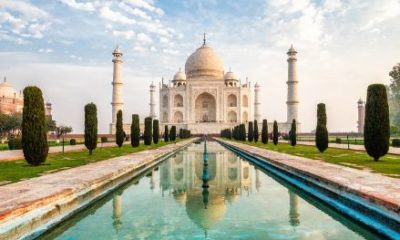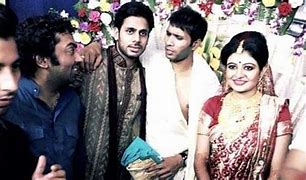Top News
‘Bengal will lose vital heritage unless ASI tackles smuggling’

Kolkata: West Bengal will lose a “vital” part of its heritage unless the Archaeological Survey of India (ASI) deals with the menace of smuggling, says acclaimed British author and historian Charles Allen, who is busy exploring the Dravidian element in Indian culture for his next book.
He pointed out that Chandraketugarh, 35 km from Kolkata, has traces of a wonderful fertility cult which people don’t know about and yet the most wonderful terracotta that is being found is “unfortunately being smuggled out of the country and sold in big auction houses”.
“It’s rather sad because you can see Bengal’s culture is being slowly smuggled out of the country and unless that is tackled by the ASI people, Bengal is going to lose a very vital part of its culture,” Allen, an authority on British India and South Asia with more than 23 books and several documentaries to his credit, told in an interview.
Some of his notable recent works include the biography of English author Rudyard Kipling, “Kipling Sahib: India and the Making of Rudyard Kipling” (2007). Allen’s great-grandfather employed the 16-year-old Kipling to work on his newspaper, the “Civil and Military Gazette”, an association that provided fodder for the biography.
“The book I am writing now is about Coromandel – South India. I know so little about South India. I want to explore the Dravidian element in Indian culture and it’s not just religion because there is a pre-religion element. You might call it the Adivasi element. There are still many layers of this Indian element that I don’t know about,” the 75-year-old author said.
Allen is trying to dig out beliefs pertaining to the Mother Goddess that according to him is an “ancient” element in Dravidian culture (pre-Aryan culture).
“I am also including Bengal in that incidentally, because we do not associate Bengal with Dravidian India but there are pockets of language here which are still Dravidian – spoken in the countryside – and underlining Bengali is that early culture, for example, the devotion to the Mother Goddess. That is still huge in Bengal,” he elaborated.
A self-confessed “child of Raj”, the prolific writer was born in Cawnpore (now Kanpur, Uttar Pradesh) in 1940 in the last years of the British rule in India, where several generations of his family served since the 1790s.
A recipient of ‘Sir Percy Sykes Gold Medal’ of the Royal Society for Asian Affairs for his contribution to Asian studies, Allen, based in Somerset in southwest England, is in India to tour Kerala for his book, which goes by the working title of “Coromandel”.
An active Fellow of the Royal Geographical Society and the Royal Asiatic Society, a Council Member of the Kipling Society and a Member of the Royal Society for Asian Affairs, Allen has travelled extensively across India, the Himalayas and remote corners of far-western Tibet in the last four decades.
But his proclivity for writing on subjects associated with the British rule in India or his interest in historical figures of Indian history never waned, so much so that he has been “drawn” to India 40-50 times since leaving the country in 1947 to be schooled in England.
“India is like an onion. You peel layers and new layers come up. It is very fascinating and has kept me going. It is a complex society,” said Allen whose last book, “Ashoka: The Search for India’s Lost Emperor” (2011) is an Orientalist biography of the legendary Indian ruler.
The author of “The Buddha and the Sahibs: the Men who Discovered India’s Lost Religion” and “The Search for Shangri-La: A Journey into Tibetan History” however refrained from commenting on modern India.
“I don’t want to sentimentalise India or be critical about it. I don’t want to do either. I am what I am. I am a child of the Raj but also I am a child of India. I am always being torn into two different directions.
“Modern India is so complex and changing so fast it is very hard to sit back and draw any conclusions, so I am much more happy talking about the past,” Allen said.
Entertainment
Casino Days Reveal Internal Data on Most Popular Smartphones

International online casino Casino Days has published a report sharing their internal data on what types and brands of devices are used to play on the platform by users from the South Asian region.
Such aggregate data analyses allow the operator to optimise their website for the brands and models of devices people are actually using.
The insights gained through the research also help Casino Days tailor their services based on the better understanding of their clients and their needs.
Desktops and Tablets Lose the Battle vs Mobile
The primary data samples analysed by Casino Days reveal that mobile connections dominate the market in South Asia and are responsible for a whopping 96.6% of gaming sessions, while computers and tablets have negligible shares of 2.9% and 0.5% respectively.
The authors of the study point out that historically, playing online casino was exclusively done on computers, and attribute thе major shift to mobile that has unfolded over time to the wide spread of cheaper smartphones and mobile data plans in South Asia.
“Some of the reasons behind this massive difference in device type are affordability, technical advantages, as well as cheaper and more obtainable internet plans for mobiles than those for computers,” the researchers comment.
Xiaomi and Vivo Outperform Samsung, Apple Way Down in Rankings
Chinese brands Xiaomi and Vivo were used by 21.9% and 20.79% of Casino Days players from South Asia respectively, and together with the positioned in third place with a 18.1% share South Korean brand Samsung dominate the market among real money gamers in the region.
Cupertino, California-based Apple is way down in seventh with a user share of just 2.29%, overshadowed by Chinese brands Realme (11.43%), OPPO (11.23%), and OnePlus (4.07%).
Huawei is at the very bottom of the chart with a tiny share just below the single percent mark, trailing behind mobile devices by Motorola, Google, and Infinix.
The data on actual phone usage provided by Casino Days, even though limited to the gaming parts of the population of South Asia, paints a different picture from global statistics on smartphone shipments by vendors.
Apple and Samsung have been sharing the worldwide lead for over a decade, while current regional leader Xiaomi secured their third position globally just a couple of years ago.
Striking Android Dominance among South Asian Real Money Gaming Communities
The shifted market share patterns of the world’s top smartphone brands in South Asia observed by the Casino Days research paper reveal a striking dominance of Android devices at the expense of iOS-powered phones.
On the global level, Android enjoys a comfortable lead with a sizable 68.79% share which grows to nearly 79% when we look at the whole continent of Asia. The data on South Asian real money gaming communities suggests that Android’s dominance grows even higher and is north of the 90% mark.
Among the major factors behind these figures, the authors of the study point to the relative affordability of and greater availability of Android devices in the region, especially when manufactured locally in countries like India and Vietnam.
“And, with influencers and tech reviews putting emphasis on Android devices, the choice of mobile phone brand and OS becomes easy; Android has a much wider range of products and caters to the Asian online casino market in ways that Apple can’t due to technical limitations,” the researchers add.
The far better integration achieved by Google Pay compared to its counterpart Apple Pay has also played a crucial role in shaping the existing smartphone market trends.
Content provided by Adverloom

























